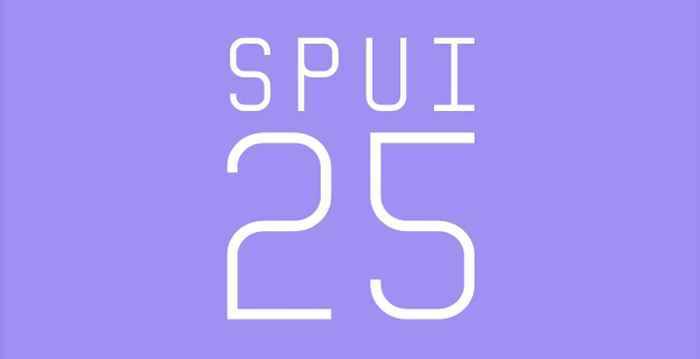Thinking African Philosophy
- Date
- 9 May 2025
- Time
- 17:00
- Location
- SPUI25
The relationship between Africa and Western philosophy has long been marked by tensions and controversies. Western philosophers’ discourses on Africa have historically reflected deep colonial biases—think of Hegel, who notoriously placed Africa outside of World History. In his 1945 book Bantu Philosophy, Belgian missionary Placide Tempels famously made a case for African philosophy—albeit from a Eurocentric and paternalistic perspective.
In contrast, contemporary African philosophers—such as Fabien Eboussi Boulaga, Souleymane Bachir Diagne, Emmanuel Chukwudi Eze, Paulin Hountondji, Valentin-Yves Mudimbe, Ato Sekyi-Otu, and Kwasi Wiredu, among others—have critically revisited Western philosophical discourses about Africa while interrogating the very notion of African philosophy: how it has been defined, represented, and often misrepresented within global philosophical traditions.
Is there such a thing as African philosophy? If so, what are its defining features as a situated, context-specific mode of thinking? Should one speak instead of African philosophies? What is the relationship between African philosophies and African languages? How do African philosophies position themselves vis-à-vis the colonial legacy of modernity and the imperial structures of Western knowledge production? These and other questions will be taken up by Bado Ndoye and Jamila Mascat.
SPUI25 is the academic-cultural podium of Amsterdam. Since 2007, we have been giving scientists, authors, artists and other thinkers the opportunity to shine a light on issues that occupy, inspire or concern them. In cooperation with a large number of academic and cultural partners, we organize between 250 and 300 freely accessible programs per year. These are enriching, often interdisciplinary programs that move between science and culture, fact and fiction.
SPUI25 is one of the UvA podia in the University Quarter.

